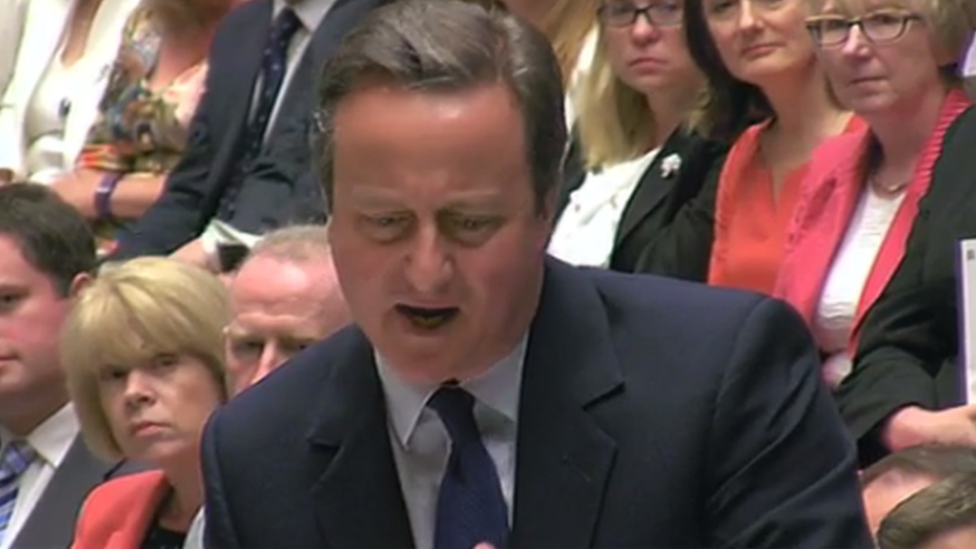Theresa May: What's on her to-do list for Wales?
- Published
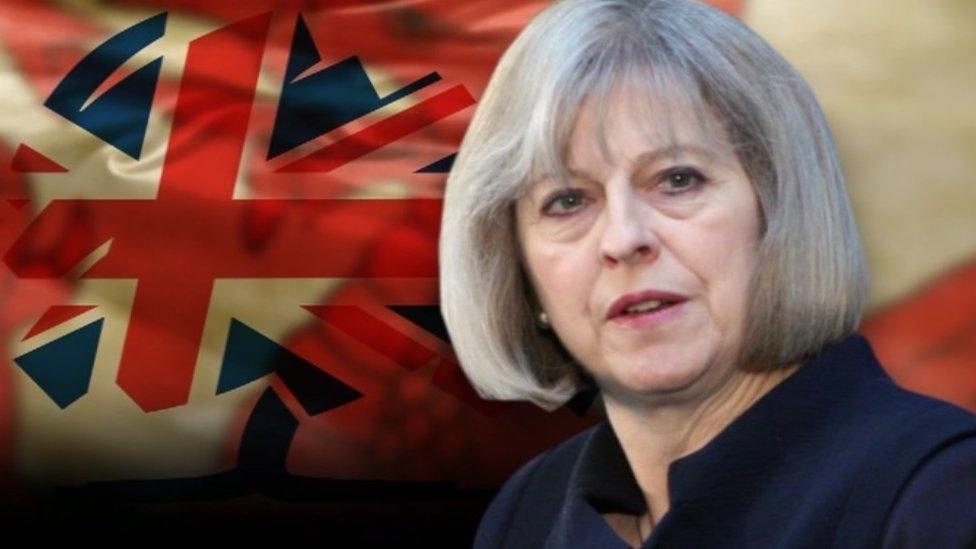
The UK has a new prime minister - Theresa May. How will Wales fit into a Downing Street in-tray dominated by negotiations to leave the European Union?

Brexit in Wales

Theresa May at a Welsh Conservative Party conference in 2015
There are issues in the Brexit negotiations that will fundamentally affect everyone, Wales included.
Lots has been said about them in the past few months and they will no doubt continue to dominate the news agenda for years to come.
There is freedom of movement - can EU nationals live and work in the UK?
And the single market - whether firms in Wales and elsewhere in the UK can trade freely with the EU.
There are plenty of companies and businesses in Wales that will be waiting to see what the future relationship is, and plenty of employees too - previous figures suggested that 100,000 jobs in Wales were linked to exports to the EU.

What replaces EU aid?

One issue that affects Wales disproportionately compared to most other areas of the UK is EU funding - and what replaces it is likely to be a flash point between First Minister Carwyn Jones and Theresa May.
Wales gets different types of EU aid - cash to boost the economy, and funds to help agriculture.
Under the current 2014-2020 structural funds scheme, Wales receives £1.8bn, with the bulk spent in the west Wales and the valleys area.
Wales gets that cash because its economy is weaker than other parts of Europe.
Among the schemes that were to benefit from that was the Metro - a plan for upgraded public transport in south Wales.
Then there is funding for agriculture. Under the Common Agricultural Policy Welsh farmers get around £218m per year from direct payments alone.
There were promises made by Vote Leave campaigners that the funding would be replaced - which were not made by Mrs May as she had been on the Remain side the argument.
But as well as worries over how much cash is provided, the mechanisms for how it is handed out are already being debated.
The leader of the Welsh Conservatives, Andrew RT Davies, has suggested that Westminster could deliver replacement cash.
That would more than irritate the Welsh Government, which currently administers EU programmes in Wales.


Devolution and funding
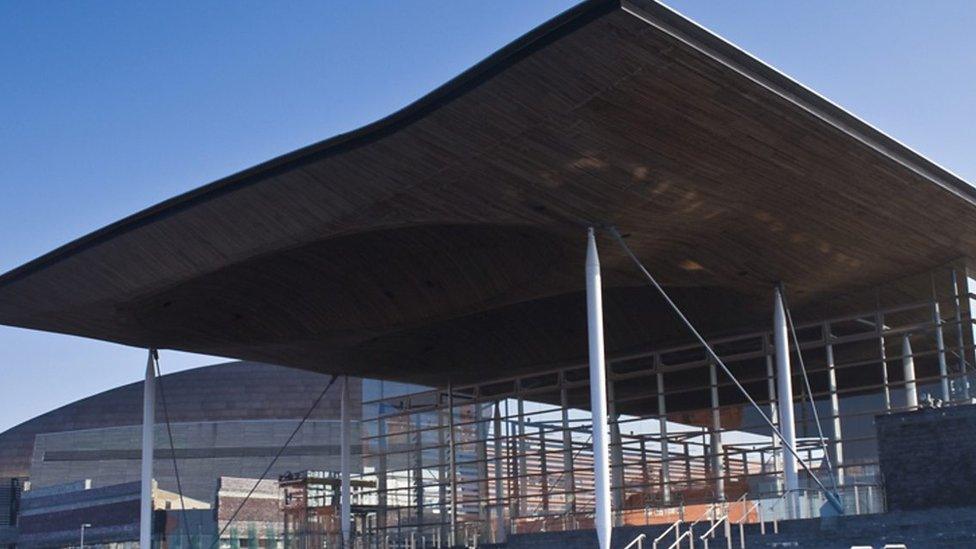
Where does Theresa May sit on devolution in Wales? Truth is, it's a bit of a mystery.
A cursory internet search will bring up little - although she had resisted the devolution of policing in her time in the Home Office.
The UK government is currently getting the Wales Bill through the House of Commons.
That will hand a bunch of new powers to the assembly, including over fracking and speed limits, and it also rewrites the constitution of the assembly.
There has been nothing to suggest this will change under a new prime minister.
But there will be inevitable questions about how Wales relates to the rest of the UK as its internal structures come under debate amid Brexit.
Will demands for further powers be rebuffed?
Calls for extra funding from the UK government for Wales from Mr Jones have not disappeared with the appointment of Mrs May.
Under former Chancellor George Osborne a "floor" was established so that funding in Wales does not get proportionately smaller compared to England when spending levels increase.
But the Welsh Government still believes Wales is funded unfairly compared to the rest of the UK, and there are testy negotiations ahead over how the money that devolved institutions get from the Treasury will be reduced when tax raising powers are devolved.

Steel
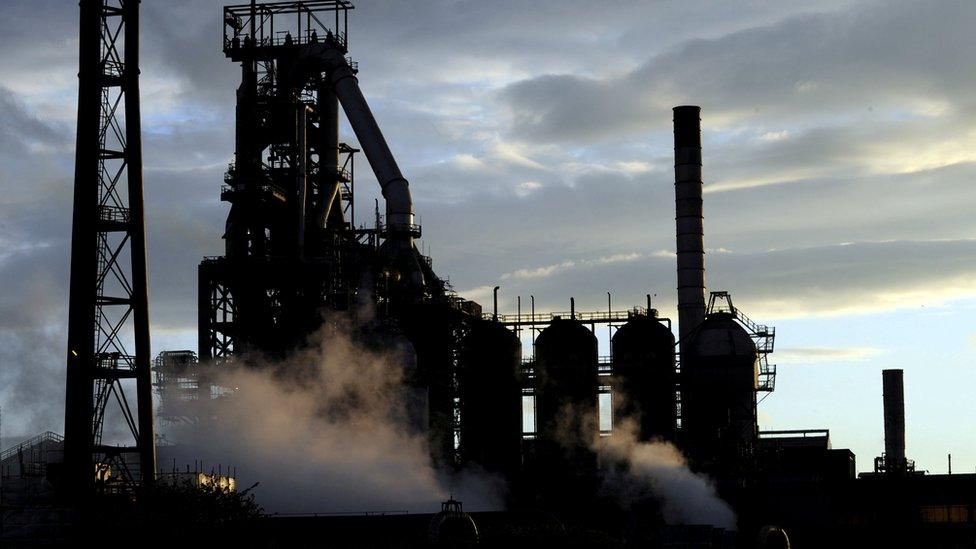
If Port Talbot steelworks - Britain's largest - comes under imminent threat of closure, will UK ministers intervene?
Tata Steel's decision to put its UK steel plants up for sale heaped pressure on the previous UK Conservative administration.
The sale has not happened and the company has held talks on a joint venture deal with German company Thyssen Krupp.
There have been claims the sale would lead to the closure of Port Talbot steelworks, although Mr Cairns has called the link-up "encouraging".
Mrs May will need to decide what her government's strategy will be, and how it may deal with a £485m pension deficit for Tata Steel.
And if the time comes, will Port Talbot be deemed too strategically important to be allowed to close?
- Published14 July 2016
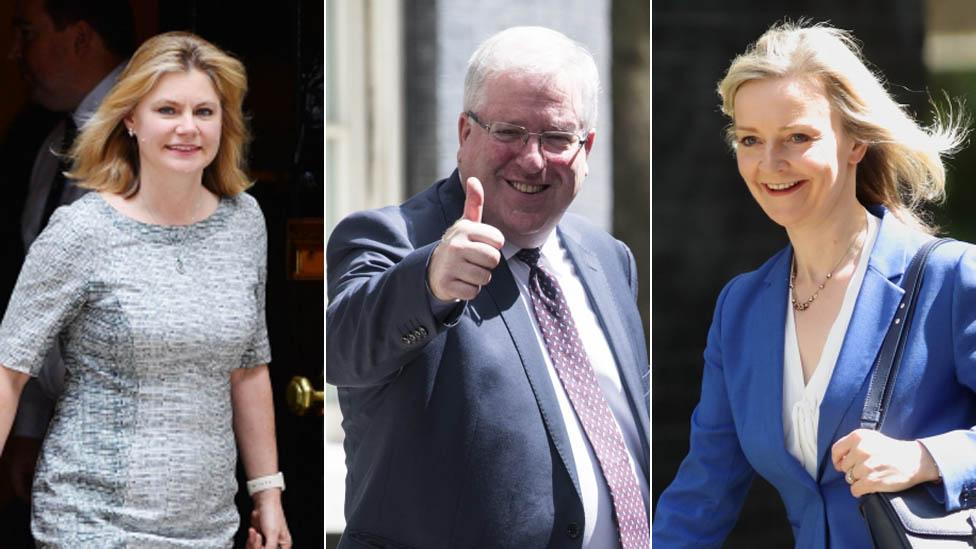
- Published13 July 2016
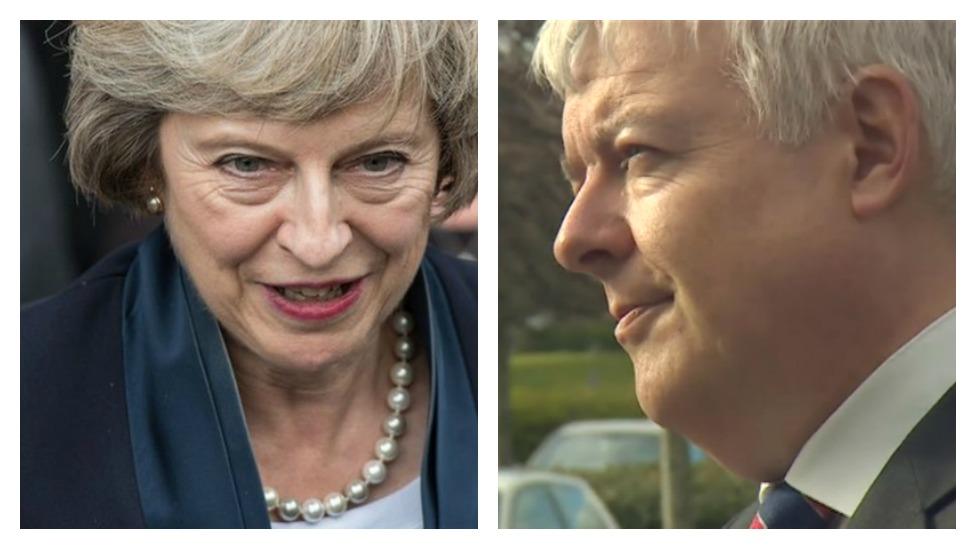
- Published13 July 2016
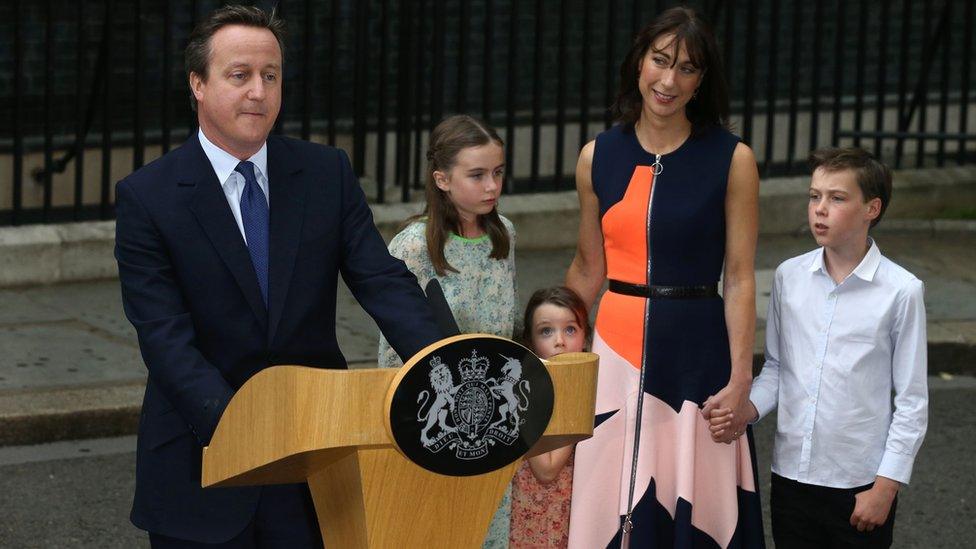
- Published13 July 2016
